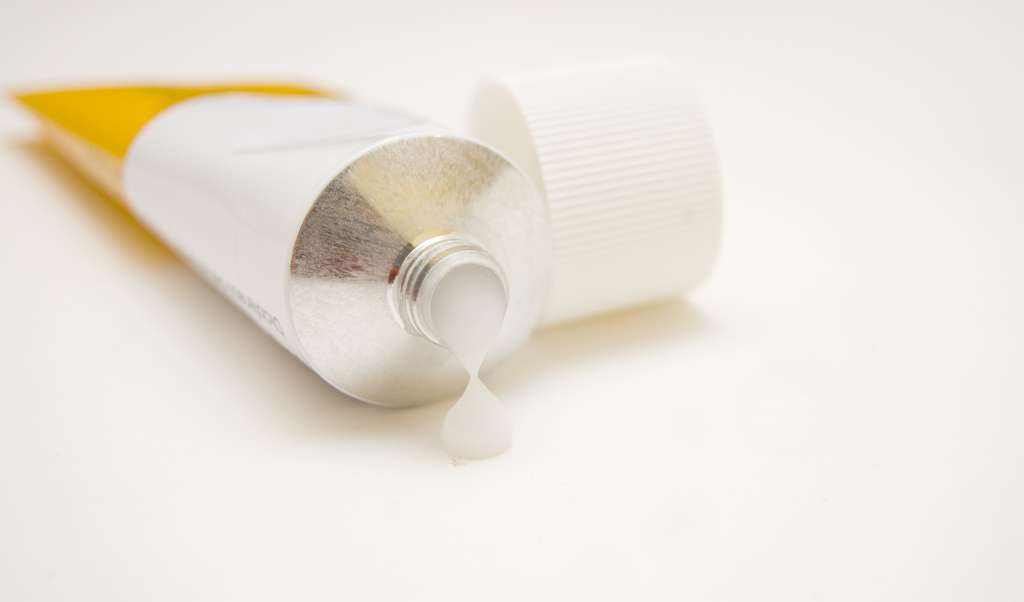While most medications keep well, even in a heat wave, be sure to check a few conditions of use.
You will also be interested
Each drug is subjected to stability and storage tests before its marketing authorization (MA). The certification tests must therefore prove the absence of degradation at temperatures of 40°C for six months. We are therefore well beyond the few days of heat wave that can be experienced in the summer. However, some specialties must be preserved from heat. In this case, the indication of the storage conditions is normally indicated on the box.
- Medications to be stored between +2 and +8°C: this particularly concerns injectable products such as vaccines, antivenoms, hormone growth inhibitors, insulin or growth hormones. They must be kept at fridge and used quickly once out. HAS carry in an insulated bag with an ice pack if necessary (but not in direct contact so as not to freeze the product). It is also necessary to avoid subjecting them to a cold/hot cycle by bringing it in or out of the refrigerator.
- Medicines to be stored at room temperature: they should preferably be kept at a temperature below 25°C or 30°C. Exceeding this temperature for a few days will not, however, affect their effectiveness or stability. When traveling for a vague heat, it is still preferable to transport them in non-refrigerated insulated packaging.
- Medicines without special mention: in normal conditions (medicine cabinet, normally ventilated room…), they are not afraid of heat waves.
Medicines and heat waves: watch out for changes in appearance
Certain forms of medication (suppositories, capsules) are liable to melt in the event of high heat. Creams and ointments can change appearance (separation between the fatty phase and the aqueous phase). It is then preferable not to use them, the active principle no longer being distributed homogeneously in the excipient.
It is important to recognize the normal appearance of each medicine (color, odor, solubility, consistency) in order to be able to spot a change. A degradation of the drug can in fact lead to a reduction in its therapeutic activity and pose risks to the patient. The tetracycline for example can be toxic when the pale yellow powder becomes brownish and viscous; which can happen even when the expiration date has not yet been reached. Some antibiotics (penicillin and cephalosporin) see their power allergen increase.
Interested in what you just read?
Subscribe to the newsletter Health question of the week : our answer to a question you ask yourself (more or less secretly). All our newsletters

